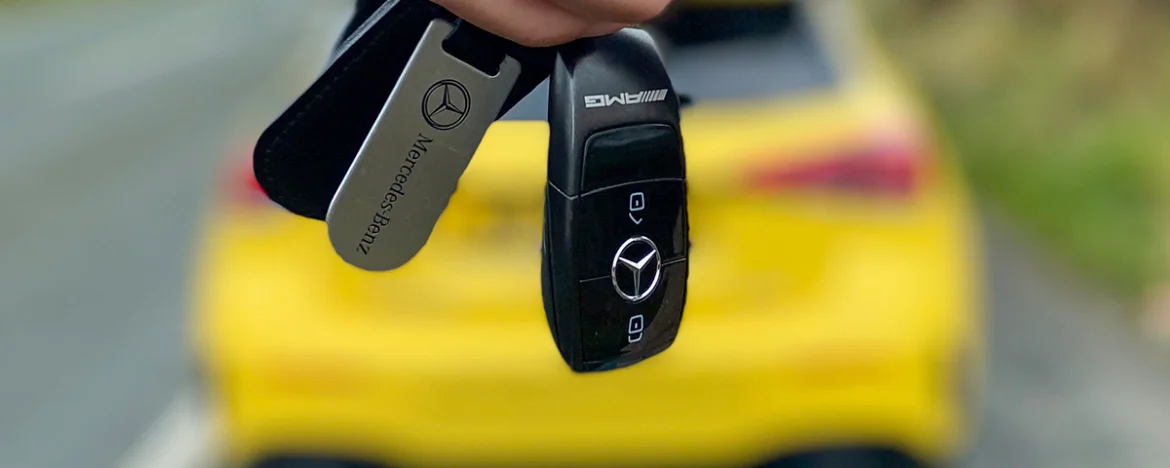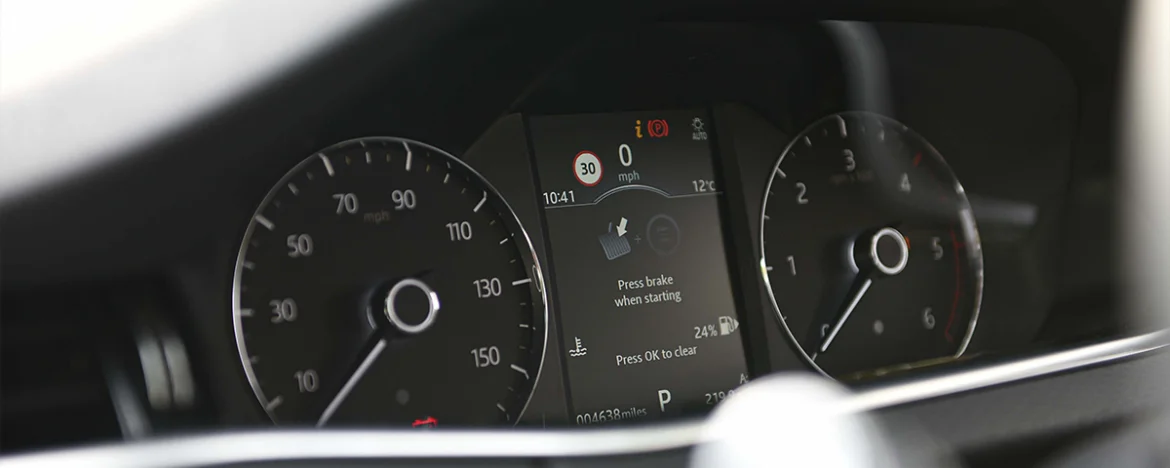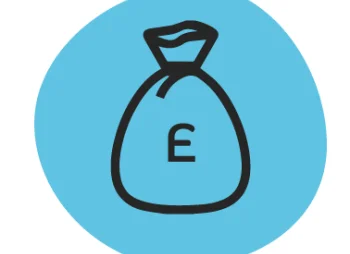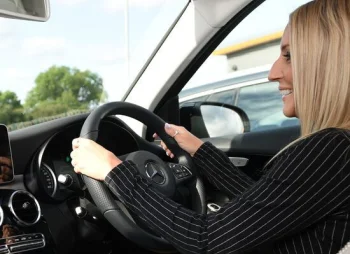
Read time of 3 minutes.
Why should I consider leasing?
Affordability and flexibility are two of the main reasons why people choose to lease cars. By leasing a new car you can set up monthly payments to suit your lifestyle and drive the car for however long you need it.
If you dream of driving the newest models, leasing is a great choice. Depending on your budget, you can set up a contract to drive the latest models and pay monthly, without the commitment of buying a car. You don’t have to worry about the car decreasing in value because you don’t own it. You can even set up a monthly maintenance payment, so you don’t have to worry about unexpected costs for repairs.
For many, one of the most appealing factors of leasing a car is that it eliminates the potential difficulty of selling a car once you’re done with it. Once your lease has ended, you simply return the car.
How does it work?
Start by browsing our range of top offers or use our search tool to compare lease deals on cars, vans and commercial vehicles. You can look through the selection of models and the payment plans available to help you decide which one suits you and your budget.
Once you have decided on a vehicle, you can apply for finance by filling in a short and simple form. The Carparison team will then be in touch to talk through your options and a potential leasing contract.
Your leasing contract will outline how long you can lease the vehicle for, how much you’ll pay each month and how many miles you can drive. We recommend calculating your weekly mileage and multiplying it by 52, adding any additional miles factoring in long holidays or long-distance journeys.
The costs associated with leasing a car are fairly straightforward.
What are the costs involved with leasing?
• Initial payment – between one to nine months’ rental fees upfront
• Processing fee – This admin fee is set at £298.80 inc VAT and is chargeable on each order.
• Monthly leasing payments – the monthly fee you will pay for your lease vehicle
• Maintenance costs – Optional payments to cover servicing, maintenance and tyres
• Running costs – Such as insurance and petrol
• Excess mileage fees – This will be charged if you exceed the mileage limit outlined in your contract. Fees usually range from 3p - 25p per mile.
• Returns re-condition costs – If there is any damage to the vehicle beyond fair wear and tear as outlined in your contract, you will have to cover the costs of repair.
Once you have agreed a plan, signed a contract and arranged your comprehensive insurance cover, all you have to do is await delivery of your new lease car.

What are my finance options?
With a huge range of cars on offer, we’re sure we can find the perfect lease car to suit your budget and lifestyle. Here’s a guide to the available finance options to help you choose.
Personal and Business Contract Hire
A popular choice is the personal and business contract hire. Under this plan, drivers can lease their desired lease car over an agreed period and pay monthly, based on the difference between the car’s initial value and its projected value at the end of the contract.
The better the car holds its value, the lower your payments will be, which means you could potentially lease a much newer model than you could ever dream of buying. Please note that under the contract hire option, you will need to notify the Carparison team if you wish to take the car abroad.
Great for those who want to: Drive a new car every couple of years while keeping costs down with a smaller deposit and low monthly payments.
Personal and Business Operating Leases
These contracts allow you to pay monthly for your hired car, meaning you can hold onto it for as long as you need it. How much you pay each month depends on the car’s value and will be agreed on when you sign the contract, so there are no hidden costs. It’s worth noting that you will be agreeing to a set amount of time, which can be as long or as short as you like, but if you terminate the contract early, there will be some additional charges. With a personal operating lease, you will be classed as the registered keeper of the lease car, which could mean you are eligible for cheaper insurance.
Great for those who want to: Manage their budgets with fixed monthly rental payments and potentially get cheaper car insurance.
Personal Contract Purchase (PCP)
If leasing your car isn’t enough and you’re considering owning it, we offer a personal contract purchase option. With this plan, you can drive your dream car while deferring the decision of whether to own it outright. This contract is also set up as a monthly rental payment with an agreed interest rate.
Great for those who want to: Have the opportunity to purchase a new car through a secure plan to suit their budget.
Returning a leased vehicle
At the end of your contract, the funding agency will contact you to guide you through the process of returning your lease vehicle. Once you have returned the vehicle, it will be inspected for fair wear and tear.
We understand cars endure a lot while out on the road, so moderate wear and tear is to be expected. We have compiled a list of acceptable damage so you know exactly what to expect when you are returning your car. This will also be outlined in your finance contract:
- Minor body dents, typically those caused by door-to-door contact, provided that they are less than 13mm in diameter (maximum two dents for vehicles up to 2 years old and four dents for 4 years old)
- Light surface scratches not through the topcoat which can be polished to remove
- Chipping of paintwork attributed to normal usage (provided they don’t penetrate the base coat or show signs of corrosion)
- Previous repair up to an acceptable standard
- Scuff marks up to 5cm which does not adversely affect the overall appearance
- Chips on the windscreen which are less than 5mm, providing they do not obscure the driver’s line of vision (maximum of two per windscreen)
- Headlamp lenses with minor chips which do not detract from the overall appearance of the lease car or affect the efficiency of the lamp
- Light scratches around the periphery of the windscreen
- Normal wear and tear to carpets, trim, upholstery etc.
- Seat cover/trip repairs to a high standard
- Texture repairs or colour matching plugs resulting from the removal of telephone/accessory equipment
- Minor dents and deformation such as stone damage, as long as they have not caused major corrosion
- Scuffed sidewalls which can be cleaned
- Minor scuffing or damage under 25mm to the vehicle alloy or steel rim edge or wheel face
- The minimum remaining tread of 1.6mm across 75% of the tyre in line with MOT
- Some minor oil missing or dampness around seals or gas providing oil drips are not present
- Light soiling of luggage area from normal use
- A minor amount of scuffing to the door and luggage area treads and sills
- Normal wear of rubber seals resulting in a minimal amount of minor damage and splits to rubber door and other seals
Our best advice is to be honest with us about any damage when you return the car. The process is much easier if you inform the agency, whether major or minor, before their comprehensive inspection.




